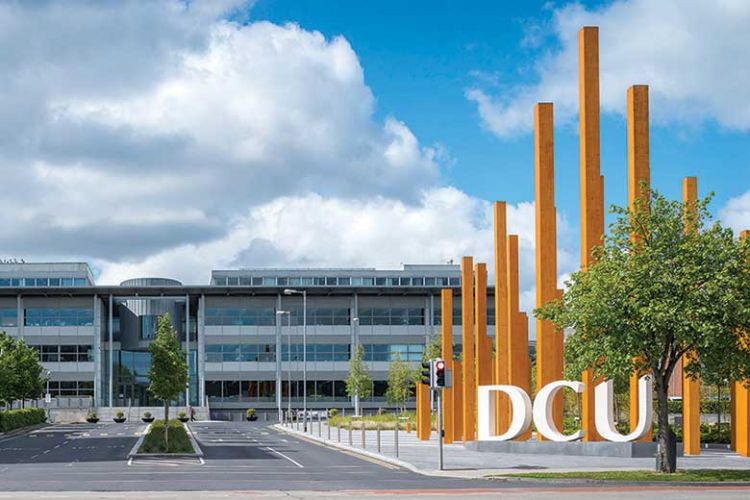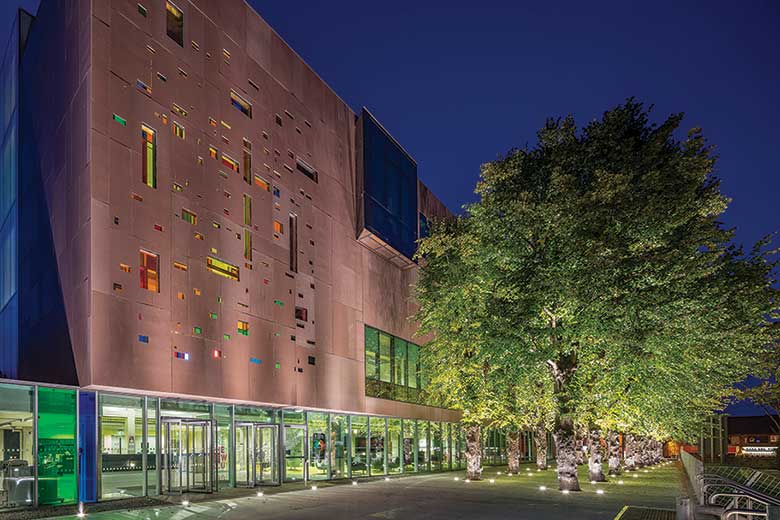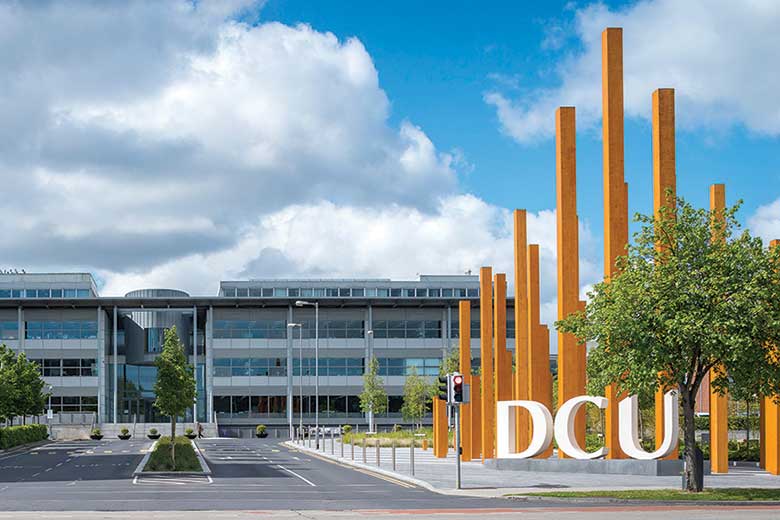Redressing the gender balance at senior level

Dublin City University will offer professorships to female candidates as part of the Higher Education Authority’s Senior Academic Leadership Initiative
Dublin City University has announced it will offer two professorships as part of a special scheme designed to help universities in Ireland place and retain more women in senior roles. The Senior Academic Leadership Initiative – funded by the Higher Education Authority – got under way last year after research by the HEA showed that just 24 per cent of high-level professorship posts in Ireland were held by women. This is despite more than half of lecturers being female.
The HEA plans to award up to 20 senior academic leadership posts this year, and DCU has received funding for two professorship roles as part of the programme – one in physics and another in computing. A total of 12 institutions had their applications for SALI posts approved, and the minister of state for higher education, Mary Mitchell O’Connor, called the initiative a “game-changing moment” in Irish academia.
Proactive measures are essential: figures from the Gender Equality Taskforce in Ireland suggest that it could take 20 years to redress the gender balance in this area unless action is taken.
DCU already has a successful Women in Leadership programme in place. “Diversity and inclusion are key goals within our strategic plan, explains HR director Marian Burns. “We felt that the pipeline for women in senior roles wasn’t strong enough, so we set up a steering group and have undertaken a number of activities since.”
The programme builds confidence among female academics via activities such as mentoring and leadership courses. A number of women attend Aurora women-only leadership programmes each year, female leaders are portrayed prominently in on-campus videos and there is a 50/50 gender policy on the naming of buildings.
DCU is a member of the 30% Club, which campaigns for female representation at senior level in all organisations and is part of the schools outreach programme that includes I WISH, which encourages girls in Ireland to consider careers in science, technology, engineering and maths. It also hosts “listening lunches” to ask women their thoughts about the culture at the university and the unique challenges they face. Ms Burns adds: “We’re moving the conversation so that it’s normal to have; so there’s a culture where it’s OK to ask questions.”
Some of the challenges raised by female academics at DCU will resonate with women across the higher education sector: a rush to establish research credentials early, taking time out to raise a family or facing care responsibilities for elderly parents.
“We have a framework at each grade so that people are not setting themselves up for failure,” says Ms Burns. “It helps address the feeling women sometimes have that they won’t apply for a position until they’re completely ready.”
Beyond its Women in Leadership programme, there has been an effort to set up a culture at DCU that supports female ambition, including how it recruits senior lecturers or associate professors. Shortlists for candidates at these levels are equal (three men and three women, for example), and a final selection panel considers their written submissions separately, so there is equal treatment. “This will take a while to have an impact but we’re making those who take the hiring decisions accountable,” says Ms Burns.

Lisa Looney, executive dean of engineering and computing, acknowledges the current imbalance. “I lead a faculty where I’m the only senior female voice in the professoriate,” she says. “Adding a more diverse perspectives will make us more effective as a leadership team.”
Equal representation will form an important part of the work the new computing professor will oversee, which focuses on natural language processing. With artificial intelligence making an increasing number of decisions in our lives, ensuring there are diverse voices in the technology’s development helps to avoid bias being built into systems.
For the successful candidates, DCU has the highest concentration of research in digital sectors of any university in Ireland, with links to the Insight Centre for Data Analytics, as well as other Science Foundation Ireland initiatives. “We’re confident that DCU is an environment in which these women will thrive,” adds Professor Looney. “There’s a strong teaching agenda, too. They’ll be able to strengthen that programme.”
Professor Looney has seen the challenges that female academics can face in locking themselves into a senior-level career path. “Many women move into research administration, presumably because they perceive it to be better fit with family life or more secure than the short contracts typical for early career researchers,” she explains.
On a practical level, at DCU there are resources to support staff when applying for grants, managing budgets and recruiting research teams. “The goal is have the academic concentrate on the research,” she says.
Several factors mean that women face barriers to progression in higher education but certain faculties throw up even greater challenges – which is why steps such as this are needed. Professor Looney concludes: “Computer science is the only field I’m aware of where we’ve actually lost ground in terms of female participation. Real change will come when the numbers coming through the ranks are the same for both genders.”
To find out more, search “DCU” on THEunijobs.com or go to www.dcu.ie
